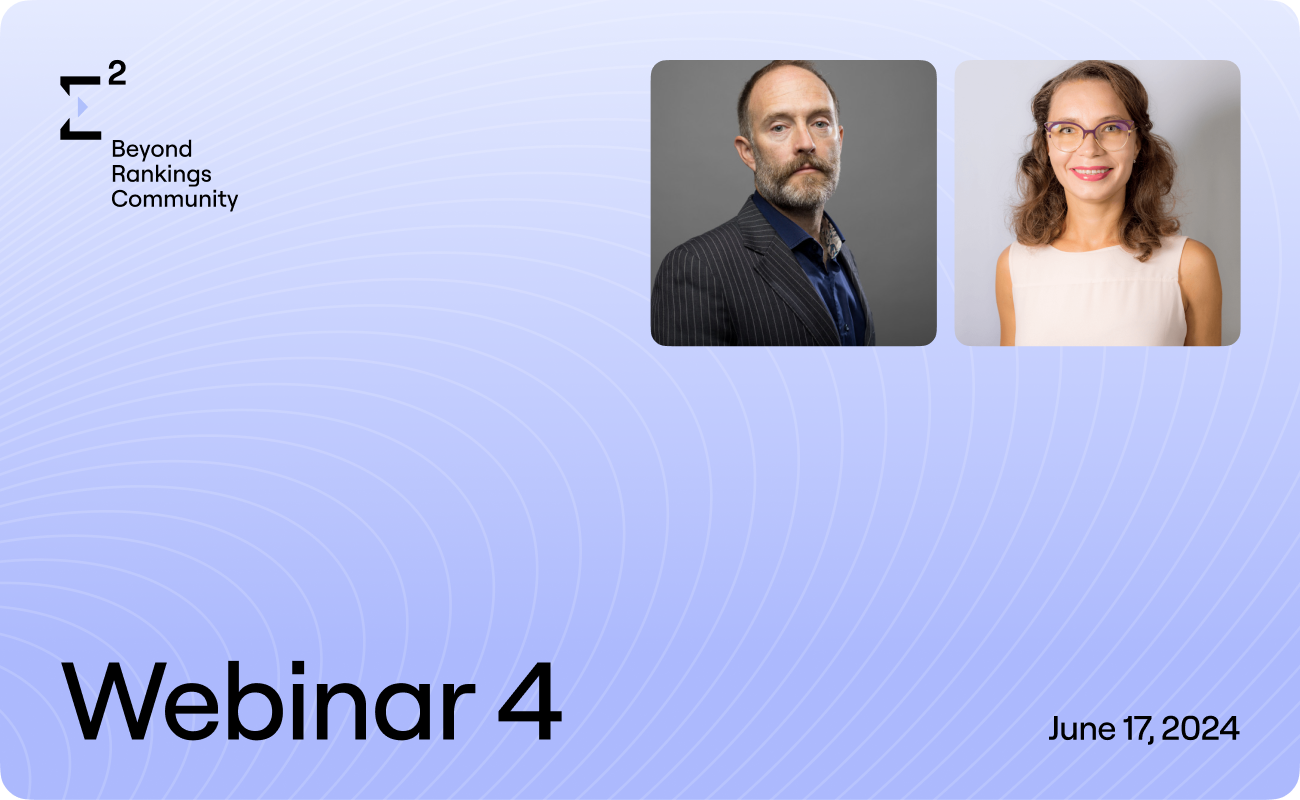Our fourth webinar series explored the critical topic of publication ethics in higher education, focusing on how ethical considerations can reshape university structures. Amid recent scandals, such as data falsification cases involving prominent academics, the discussion emphasised that ethical breaches reflect deeper systemic issues, exacerbated by the drive to climb global rankings and the resulting international scrutiny.
"Ethics in academia isn't just about avoiding scandals; it's about fostering a culture of integrity and accountability."
The webinar delved into the transformative impact of technology, particularly AI and big data, on publication ethics. Dr. Walker Trimble emphasized the critical need for universities to embed ethics into their general strategies for research, academic life, and science communication. Key points discussed included:
- Integration of ethics into university strategies for research and academic life.
- Role of the Committee on Publication Ethics (COPE) in resolving academic disputes and its expanded membership.
- Examination of ethical abuses in publication practices in regions such as Central Asia and the Middle East.
- Data bank hosting, alternative forms of publication, and universities' collective responsibility.
- The unique contribution of social science and humanities departments to developing robust ethical frameworks.
The session highlighted the necessity for universities to adapt to technological advancements while upholding rigorous ethical standards in academic research and publication practices. In conclusion, Dr. Trimble underscored the need for universities to adopt sustainable and ethically sound policies. Echoing philosopher Luciano Floridi's insight that no information is ever truly 'raw', he challenged universities to consider the broader ethical foundations of knowledge and innovation. By integrating ethics into their core strategies, universities can better navigate present and future challenges, ensuring their contributions to science and society are both innovative and ethically responsible.
One take-home message:
Academic ethics are no longer merely a question of individual choices. As science signifies progress, scholars and their work become markers of institutional and national status.
